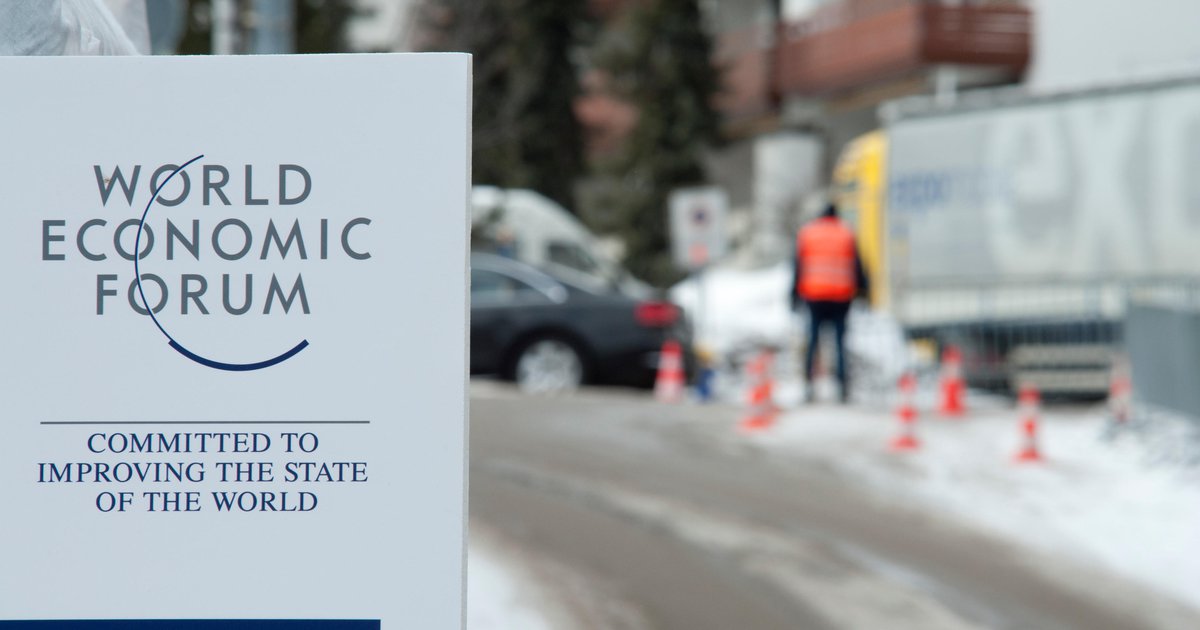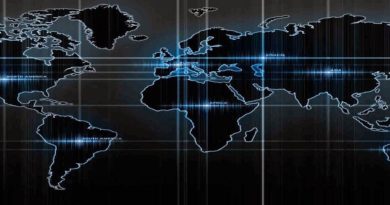Conspiracy theories aside, there is something fishy about the Great Reset

Who are these other, non-governmental stakeholders? The WEF, best known for its annual meeting of high-net-worth individuals in Davos, Switzerland, describes itself as an international organization for public-private cooperation. WEF partners include some of the biggest companies in oil (Saudi Aramco, Shell, Chevron, BP), food (Unilever, The Coca-Cola Company, Nestlé), technology (Facebook, Google, Amazon, Microsoft, Apple) and pharmaceuticals (AstraZeneca, Pfizer, Moderna).
Instead of corporations serving many stakeholders, in the multi-stakeholder model of global governance, corporations are promoted to being official stakeholders in global decision-making, while governments are relegated to being one of many stakeholders. In practice, corporations become the main stakeholders, while governments take a backseat role, and civil society is mainly window dressing.
The multi-stakeholder ecosystem
Perhaps the most symbolic example of this shift is the controversial strategic partnership agreement the United Nations (UN) signed with the WEF in 2019. Harris Gleckman describes this as a move to turn the UN into a public-private partnership, creating a special place for corporations inside the UN.
The multi-stakeholder model is already being built. In recent years, an ever-expanding ecosystem of multi-stakeholder groups has spread across all sectors of the global governance system. There are now more than 45 global multi-stakeholder groups that set standards and establish guidelines and rules in a range of areas. According to Gleckman, these groups, which lack any democratic accountability, consist of private stakeholders (big corporations) who “recruit their friends in government, civil society and universities to join them in solving public problems”.
Multi-stakeholderism is the WEF’s update of multilateralism, which is the current system through which countries work together to achieve common goals. The multilateral system’s core institution is the UN. The multilateral system is often rightly accused of being ineffective, too bureaucratic and skewed towards the most powerful nations. But it is at least theoretically democratic because it brings together democratically elected leaders of countries to make decisions in the global arena. Instead of reforming the multilateral system to deepen democracy, the WEF’s vision of multi-stakeholder governance entails further removing democracy by sidelining governments and putting unelected ‘stakeholders’ – mainly corporations – in their place when it comes to global decision-making.
Put bluntly, multi-stakeholder partnerships are public-private partnerships on the global stage. And they have real-world implications for the way our food systems are organized, how big tech is governed and how our vaccines and medicines are distributed.
The future of food
In autumn 2021, the UN is set to host the World Summit on Food Systems (FSS) in Rome. This is necessary, given that 3.9 billion people – more than half of the world’s population – are currently battling hunger and malnutrition, even though there is enough food to feed the world. But this year’s summit differs significantly from past UN food summits, embracing ‘multi-stakeholder inclusivity’, in which the private sector has ‘an important role’. A concept note from 2019 showed that the WEF was set to be involved in organising the summit, though it is not now clear what the role of the WEF will be.
“Abandoning pesticides is not on the table. How come?” asks Sofia Monsalve of FIAN International, a human rights organisation focused on food and nutrition. “There is no discussion on land concentration or holding companies accountable for their environmental and labour abuses.” This fits into a bigger picture Monsalve sees of large corporations, which dominate the food sector, being reluctant to fix the production system. “They just want to come up with new investment opportunities.”
FIAN International together with 300 other organizations have expressed their concerns about the multi-stakeholder setup in an open letter to the secretary general of the UN, António Guterres. In a meeting with civil society groups who signed the letter, Amina Mohammed, the UN deputy secretary general, assured them that strong safeguards would prevent a corporate capture of the event, “by allowing only platforms or networks and no single corporation to the summit.”


